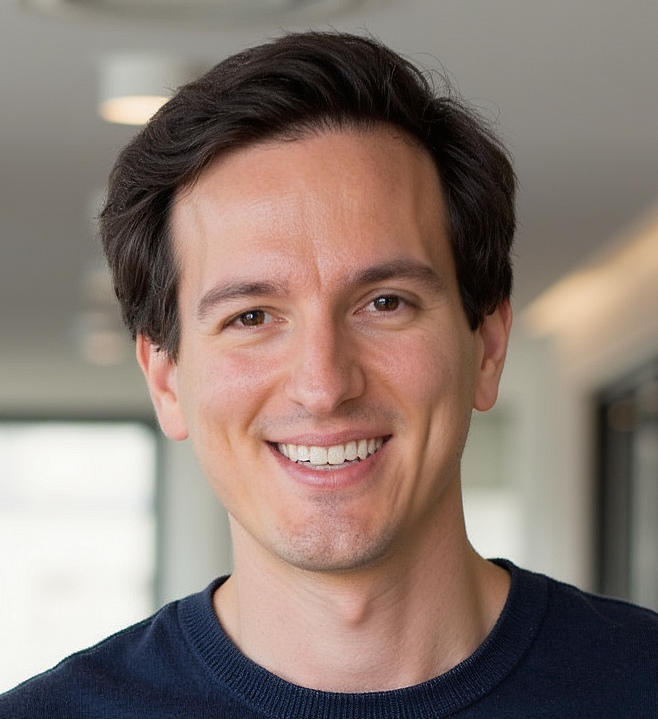We’ve all seen it.
Maybe it was a university colleague whose textbook looked more yellow than white, nearly every paragraph aggressively highlighted. Or perhaps it was the person in the quarterly briefing, furiously typing notes, attempting to transcribe an 80-slide deck word for word.
For a long time, I assumed this was the definition of diligence. It looks like work. It feels responsible. We are taught from an early age that learning means retention, and retention means being able to recall facts on command.
But somewhere along the way, perhaps while drowning in research papers or navigating the endless stream of industry reports, presentations, and webinars, I realized this approach is fundamentally flawed.
It felt productive, but it rarely led to better thinking.
The reality of our professional lives is this: compelling information is infinite, and our time is finite. Trying to retain everything is not just difficult; it’s counterproductive.
It’s time to change the objective. I read to forget.
The Storage Device Fallacy
The fundamental error we make is treating our minds like storage devices. We act as though we are hard drives that need to save every bit of information that passes before our eyes.
When we operate in "storage mode," we focus on the wrong things. We worry about capturing the details rather than understanding the structure. We hoard information in complex note-taking systems, creating vast databases of knowledge that we rarely, if ever, consult.
This hoarding provides a false sense of security. We confuse having access to information with having integrated it. But you can’t possibly keep track of everything, nor can you build anything meaningful with knowledge you’ve only filed away.
Our minds are not storage devices; they are processing engines. And they need a different kind of fuel.
The Evolving Framework
Instead of a hard drive, I prefer to think of my mind as a constantly evolving framework, a system of beliefs and models (a Bayesian system, if you will) that are updated in small, incremental steps.
When I approach any new material, whether it’s a non-fiction book, a conference keynote, or a technical white paper, I am not trying to download it into my brain. I am exposing my current mental models to new stimuli and seeing how they react.
This requires a significant shift in mindset: You must give yourself permission to let the information go.
When I start reading or listening, I am prepared to lose 98% of what’s in front of me. This isn’t negligence; it’s focus. By releasing the pressure to remember the 98%, I can hunt effectively for the 2% that matters.
The Two Goals of Consumption
If we aren't reading to memorize, what are we reading for? In my experience, I only look for two things from any piece of content.
1. The Incremental Update
The most valuable outcome of consuming information is a subtle alteration in my thinking. I am looking for a perspective that nudges my existing understanding of a problem in a new direction.
It rarely happens as a sudden epiphany. It’s usually a quiet realization, a slight adjustment to my judgment, or a new connection formed between two previously unrelated ideas. These small updates compound over time to create a more refined and accurate world model. This process happens almost subconsciously, provided you are engaging actively rather than just capturing passively.
2. The Actionable Tactic
The second thing I look for is a specific, highly applicable piece of information that I might use later in my own work.
This is the only time I take notes.
If I come across a brilliantly designed methodology section in a paper, I’ll save that. If a speaker presents data in a uniquely compelling visualization, I’ll screenshot the slide. If a book offers a specific framework for difficult conversations, I’ll jot it down.
These are tools, not facts. They are immediately useful and save me the time of reinventing the wheel later. Anything beyond that clutters my system.
The Test of True Value
The goal of professional learning should not be retention. It should be stimulation.
Information should stimulate thinking and produce new ideas. The ultimate test of a text or presentation is whether it forces you to stop consuming and start creating.
I've often found myself reading a paper, pausing midway, and immediately opening my editor to experiment with a variation of the algorithm described. This immediate experimentation often leads to new insights or even the foundation for a new project.
The highest compliment I can pay an author or a speaker is to stop paying attention to them and start applying their ideas.
If a non-fiction text, a lengthy slide deck, or a keynote speech doesn't spark new thoughts or make you want to do something differently, it may not have been worthwhile consuming in the first place.
Let It Go
We are drowning in data. We are bombarded by presentations, reports, and books that promise to make us better. But the sheer volume paralyzes us if we try to drink from the firehose.
Stop highlighting 40% of the text. Stop transcribing webinars. Stop worrying that you can’t recall the five key points from the book you read last month.
Shift your focus from accumulating information to refining your intuition. Read to understand, consume to act, and be comfortable forgetting the rest.

